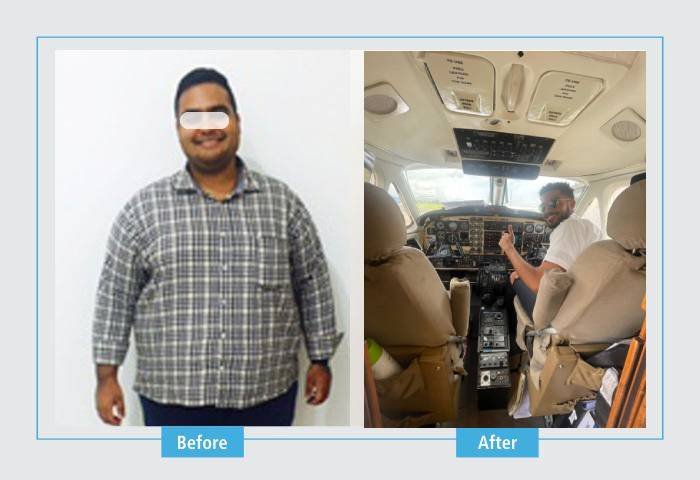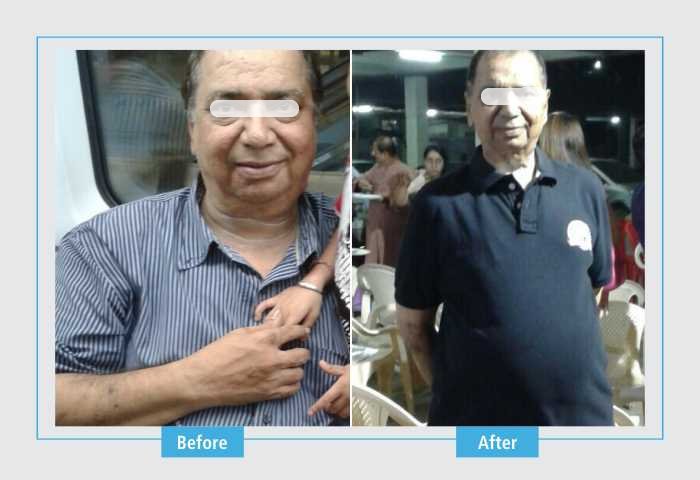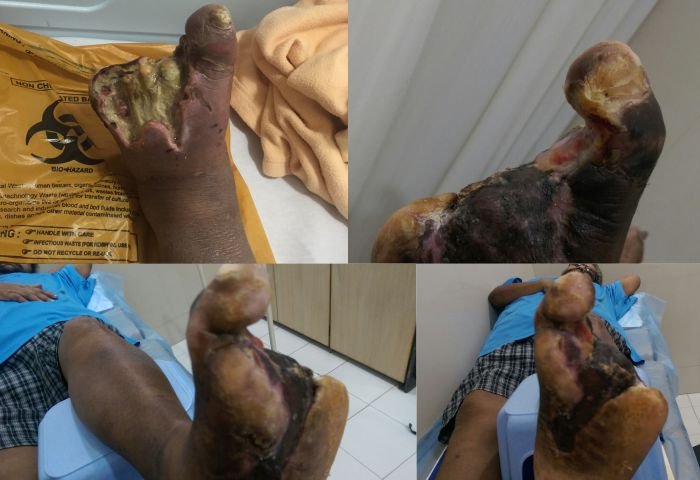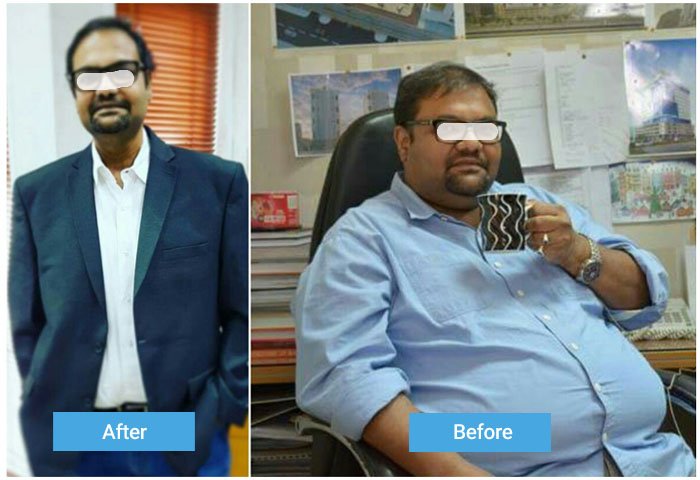Symptoms of pancreatic problems requiring surgery
● Abdominal pain: This is the most common symptom of pancreatic
problems.
● Jaundice: This is a yellowing of the skin and eyes, caused by a buildup of
bilirubin in the blood.
● Weight loss: This can occur because the pancreas produces enzymes that
help the body digest food.
● Nausea and vomiting: These can occur because the pancreas produces
insulin, which helps the body regulate blood sugar levels.
● Diabetes: This can occur because the pancreas produces insulin, which
helps the body regulate blood sugar levels.
Pain management after pancreatic surgery
● Medications: Pain relievers such as opioids and nonsteroidal
anti-inflammatory drugs (NSAIDs) are typically prescribed.
● Nerve blocks: These injections can block pain signals from reaching the
brain.
● Patient-controlled analgesia (PCA): This allows patients to self-administer
pain medication through an IV pump
Recovery time after pancreatic surgery
● Hospital stay: 7-10 days for the Whipple procedure, 3-5 days for other
types of pancreatic surgery.
● Full recovery: 6-12 weeks
Dietary changes after pancreatic surgery:
● Small, frequent meals: This helps to ensure that the pancreas is not
overwhelmed by too much food at once.
● Low-fat diet: This helps to reduce the risk of diarrhea.
● Low-sugar diet: This helps to control blood sugar levels.
● Supplements: Enzymes and vitamins may be prescribed to help with
digestion and nutrient absorption.
Long-term effects on insulin production
● Pancreatic surgery can damage the insulin-producing cells in the
pancreas, which can lead to diabetes.
● The risk of developing diabetes depends on the type of surgery and the
amount of pancreatic tissue that is removed.
● Most people will need to take insulin after pancreatic surgery.
Support resources for patients
● Pancreatic Cancer Action Network (PanCAN): https://pancan.org/
● National Cancer Institute (NCI): https://www.cancer.gov/
● American Cancer Society: https://www.cancer.org/
● Local support groups: Many hospitals and communities offer support
groups for patients with pancreatic cancer or other pancreatic diseases.
Signs of potential complications
● Fever: This can be a sign of infection.
● Severe pain: This could be a sign of bleeding or a pancreatic fistula.
● Nausea and vomiting: These could be signs of delayed gastric emptying or
other complications.
● Yellowing of the skin or eyes (jaundice): This could be a sign of a bile duct
problem.
● Redness, swelling, or drainage from the incision site: These could be signs
of an infection.
SPLEEN SURGERY
- Why would I need a splenectomy?
- What can I expect after surgery?
- Dietary Restrictions
- Medications after surgery
- How will my immune system be affected after a splenectomy?
- Risks of vaccination after surgery
- Precautions to be taken
- Life after surgery
- What should I do if I experience severe pain, fever, or other concerning symptoms after surgery?
Why would I need a splenectomy?
A splenectomy may be necessary for various reasons like ITP (idiopathic
thrombocytopenic purpura), hemolytic anemia, enlarged spleen
(splenomegaly), and trauma.
What can I expect after surgery?
Expect a hospital stay of 3-5 days (open surgery) or 1-2 days (laparoscopic surgery), followed by 4-6 weeks of recovery.
What are the dietary restrictions after a splenectomy?
No specific restrictions, but a healthy diet is recommended. Smaller, more
frequent meals may be advised, along with avoiding raw or undercooked
food.
What medications are typically prescribed after a splenectomy?
You may be prescribed pain relievers, antibiotics, and vaccinations.
How will my immune system be affected after a splenectomy?
The spleen plays a crucial role in the immune system, so its absence increases the risk of certain infections, especially encapsulated bacteria. Vaccines may be less effective.
What are the risks of getting vaccinated after a splenectomy?
Some vaccines may not be safe after a splenectomy. Discuss vaccination
with your doctor
What precautions should I take to prevent infections after a splenectomy?
Wash hands frequently, avoid crowds and sick people, cook food
thoroughly, get enough sleep, eat a healthy diet, and see your doctor if any
signs of infection appear.
Can I still live a normal life after a splenectomy?
Most people can live a normal life after a splenectomy. However, taking
precautions to prevent infections are crucial.
What should I do if I experience severe pain, fever, or other concerning symptoms after surgery?
Contact your doctor immediately for evaluation and possible treatment

















